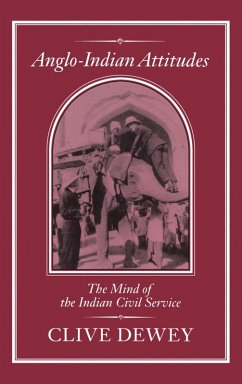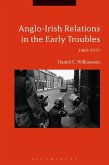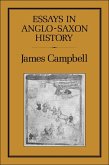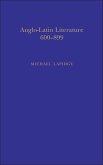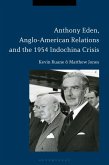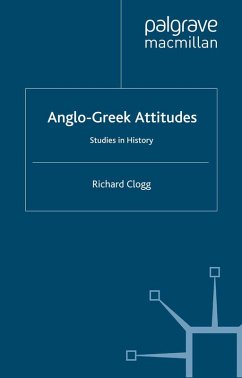In the years between the Indian Mutiny and Independence in 1947 the Indian Civil Service was the most powerful body of officials in the English-speaking world. About 300,000,000 Indians, a sixth of the human race, were ruled by 1000 Civilians. With Whitehall 8000 miles away and the peasantry content with their decisions, they had the freedom to translate ideas into action. This work explores the use they made of their power by examining the beliefs of two middle-ranking Civilians. It shows, in detail, how they put into practice values which they acquired from their parents, their teachers and contemporary currents of opinion. F.L. Brayne and Sir Malcolm Darling reflected the two faces of British imperialism: the urge to assimilate and the desire for rapprochement. Brayne, a born-again Evangelical, despised Indian culture, thought individual Indians were sunk in sin and dedicated his career to making his peasant subjects industrious and thrifty. Darling, a cultivated humanist, despised his compatriots and thought that Indians were sensitive and imaginative. Brayne and Darling personified two ideologies that pervaded the ICS and shaped British rule in India. This work aims to make a contribution to the history of British India and a telling commentary on contemporary values at home.
Bitte wählen Sie Ihr Anliegen aus.
Rechnungen
Retourenschein anfordern
Bestellstatus
Storno

